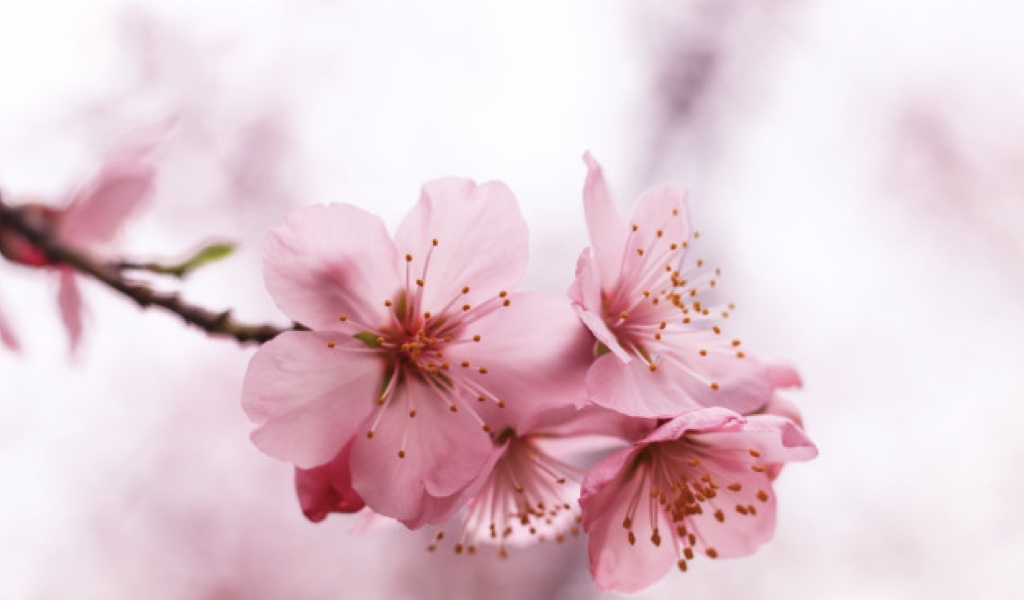The term “blessing” is a general term that can include so many things; Righteous children, beneficial wealth, good health, a spacious house, and so on. But some blessings are better than others, and this is precisely why the Prophet PBUH said:
وَمَا أُعْطِيَ أَحَدٌ عَطَاءً خَيْرًا وَأوْسَعَ مِنَ الصَّبْر
“No one can be given a blessing that is better and vaster than that of patience.”
(Bukhari and Muslim)
What is the origins of all motivation and willpower?
Isn't it patience?
What is the prime cause of determination till a matter is achieved with excellence?
Isn't it patience?
What is that allows a person to resist the prohibitions despite the power of their pull?
Isn't it patience?
What is the core of a woman’s dedication to the Hijab despite the challenges of weather, mockery and societal demands?
Isn't it patience?
Also, what is at the centre of a person’s resolve for worship in the last 10 days of Ramadan, to then carry such resolve post Ramadan till death?
Isn’t it patience?
Analyse every single element of goodness that could possibly exist, and you'll discover that patience is at its core.
We know so much of the reward associated with prayer, charity, hajj and their likes. As for fasting however, the full reward hasn’t been disclosed. Allah said:
الصِّيَامُ لِي وَأَنَا أَجْزِي بِهِ
“Fasting is for Me, and I am the One who shall reward for it.”
(Narrated by An-Nasaa’i)
“How come?” one may ask, “why is the reward for fasting not specified?” This is because fasting is an act of patience, and Allah said:
إِنَّمَا يُوَفَّى الصَّابِرُونَ أَجْرَهُمْ بِغَيْرِ حِسَابٍ
“Those who are patient shall be given their reward without measure.”
(Al-Qur’an, 39:10)
Speaking about this, Imam Al-Awzaa’i said:
لَيْسَ يُوزَن لَهُمْ وَلَا يُكَال لَهُمْ إِنَّمَا يُغْرَف لَهُمْ غَرْفًا
“There rewards will not be measured on scales or according to any other measure. Rather, their rewards shall be scooped up for them in heaps”
In a few days’ time, Ramadan will become a memory of the past, and so will our lives. So, with the patience of a committed believer, don’t recline just yet.
Consider these five separate descriptions of paradise and its people:
مُتَّكِئِينَ عَلَى فُرُشٍ بَطَائِنُهَا مِنْ إِسْتَبْرَقٍ
“They will recline on beds. Their inner linings are of silk brocade”
(Al-Qur'an, 55:54)
مُتَّكِئِينَ عَلَى سُرُرٍ مَصْفُوفَةٍ
“They will recline on thrones lined up”
(Al-Qur'an, 52:20)
مُتَّكِئِينَ عَلَى رَفْرَفٍ خُضْرٍ وَعَبْقَرِيٍّ حِسَانٍ
“They will recline on green cushions and rich carpets of beauty.”
(Al-Qur'an, 55:76)
مُتَّكِئِينَ عَلَيْهَا مُتَقَابِلِينَ
“They will recline on thrones lined up”
(Al-Qur'an, 56:16)
فِي ظِلَالٍ عَلَى الْأَرَائِكِ مُتَّكِئُونَ
“They will be in shade, reclining on adorned couches”.
(Al-Qur'an, 36:56)
We’re at the last leg of Ramadan.
Work patiently today.
Recline in Jannah tomorrow.
You will not be let down.
Subscribe for Updates
Original content used with permission from:






